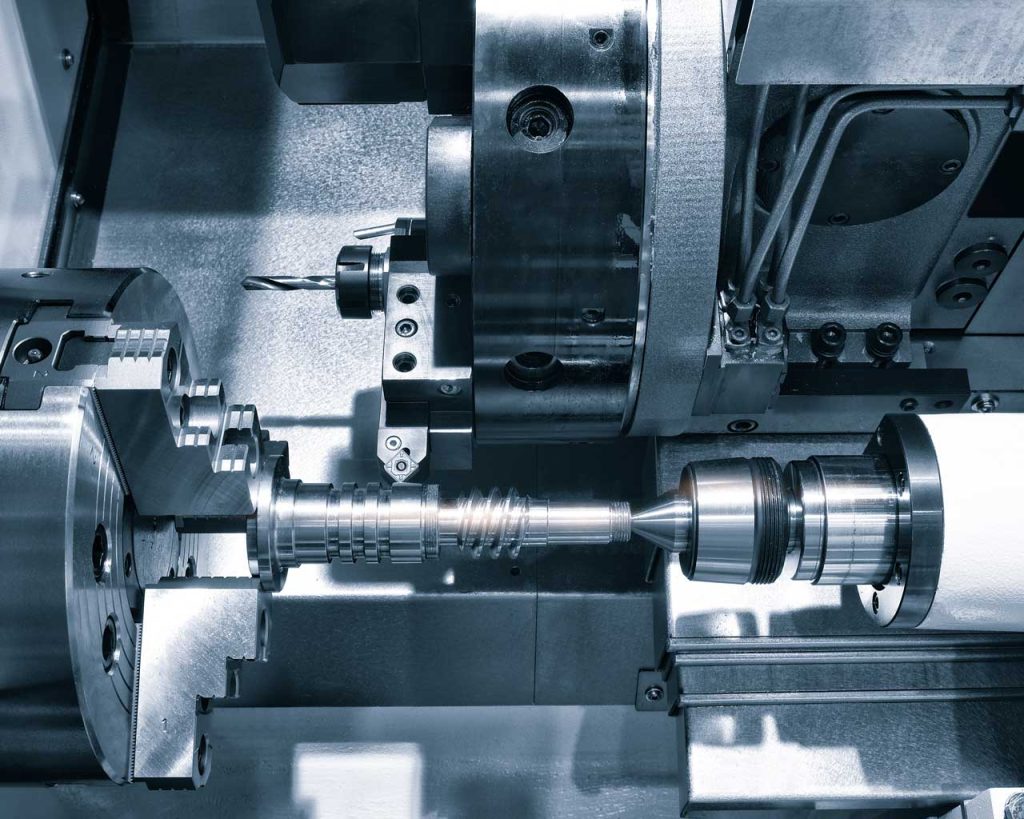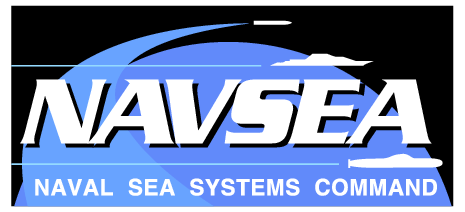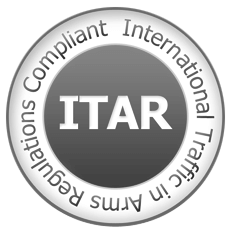CNC stands for “computer numerical control,” and CNC machining refers to using computer-controlled machines to manufacture parts. CNC parts can bring several benefits to the prototyping process by facilitating conceptualization and design using digital tools. In the past, prototyping was an expensive, trial-and-error process that involved repeatedly fabricating the same kind of part. Instead, you can now create digital designs in CAD software. These digital designs can be easily changed and tested through simulations before ever dealing with physical materials. Once you’re happy with your design, this digital design can then be converted into instructions for a CNC machine that will automatically fabricate your new part.
Parts can be manufactured on CNC machines with incredible levels of precision that would not be possible with manual tools. CNC parts can be produced with greater accuracy, speed, and consistency than with traditional low-tech methods of fabrication. This precision and speed make them ideal for prototyping complex and intricate designs. CNC parts are also less prone to human error, resulting in a higher-quality end product.
Understanding Custom CNC Parts
Precision and customization are two greatly needed features in the aerospace and military industries. Components are often needed for very specific applications for which few, if any, solutions already exist on the market. Custom CNC parts are parts that are designed to meet very precise measurements that have been laid out in CAD software. This digital design is then sent to CNC machines that run on programs and cut, drill, and shape the material into the desired shape. Different custom CNC parts are used for different industries, like military, aerospace, automotive, and medical. Each part is carefully designed and then fabricated in a process that is free from the possibility of human error.
The materials used in custom CNC parts are chosen based on the specific application of the part. In the military, materials are chosen for their strength, durability, and resistance to wear and tear. Commonly used materials include aluminum, steel, titanium, and plastics. Different materials are better suited to different environments and uses. Aluminum, for example, is lightweight and resistant to corrosion, making it ideal for use in aerospace applications. Steel is heavier but also stronger and more durable, making it more suitable for use in heavy machinery or military vehicles.
Benefits of Custom CNC Parts in the Prototyping Process
One of the most significant advantages of custom CNC parts is their precision. These parts offer a high level of accuracy, making them ideal for prototyping complex and intricate designs. Instead of being fabricated manually, computers can create these parts with precision down to the micrometer level. CNC parts are also incredibly rapid to produce, making it easier and more affordable to test out different iterations of a part. This also reduces the time it takes to bring a prototype to market.
Another benefit of using custom CNC parts in the prototyping process is the design flexibility. As mentioned above, designs can be created and tested before ever being created in real life using the software. Plus, engineers have the flexibility to create designs with complex geometries that might be difficult or even impossible to do using conventional manufacturing methods. This means that you can start fabricating prototypes that are already very similar to the final product.
For some projects, you may need a smaller batch of parts. Custom CNC parts can be manufactured cost-effectively, enabling you to get the parts you need at a price you can afford. Traditional manufacturing methods often require costly tooling and setup, which can make prototyping a hassle and a significant expense. CNC machining eliminates the need for custom tooling and setup, making the process more economical for small-scale production.
Choosing the Right Custom CNC Parts
When choosing your own custom CNC parts, you must consider the specific needs of your design or application. Start off by finding the material you’ll want to use. Use various criteria such as strength, durability, conductivity, and electromagnetic interference shielding to determine which material ideally suits your specific needs. Then, you’ll need to find a supplier with the kind of CNC machines that can produce your desired shape at the level of precision required for your design. It’s critical to work with a reputable manufacturer that can provide high-quality parts and provide support throughout the prototyping process.
Working with a Custom CNC Parts Supplier
Not all custom CNC parts suppliers are created equal. Do your research and be sure that you work with a reputable parts supplier that has the capabilities and expertise to meet your needs. This is especially true in the military and aerospace industries, where compliance with stringent international standards is often an obligation to complete a project or bid on a contract. Once you know the materials you’ll want to use, start looking for a supplier that understands those materials and has the equipment to deliver the parts you need. Once you have a clear understanding of your requirements, reach out to potential suppliers.
Once you are working with a manufacturer, be sure to set up clear communication channels and work collaboratively with them to ensure that the final product meets your exact specifications. The process for working with a supplier generally follows a standard process outlined below:
- Initial Consultation
- Design and Documentation
- Material Selection
- Cost Estimation
- Design Review/Optimization
- CNC machining
- Quality Control
- Inspection/Testing
- Delivery
The Power of Precision
Custom CNC parts can provide countless benefits to organizations in need of precise and efficient prototyping solutions. By identifying the right material and level of precision and collaborating with a reputable supplier, businesses can achieve their exact specifications and deliver high-quality products to their customers. Custom CNC parts can reduce production time and costs while improving the overall quality and consistency of the final product. Embracing the power and precision of custom CNC parts in the prototyping process can give companies a competitive edge and set them up for long-term success.
Ready to get started with your own custom CNC parts? Contact us today!





